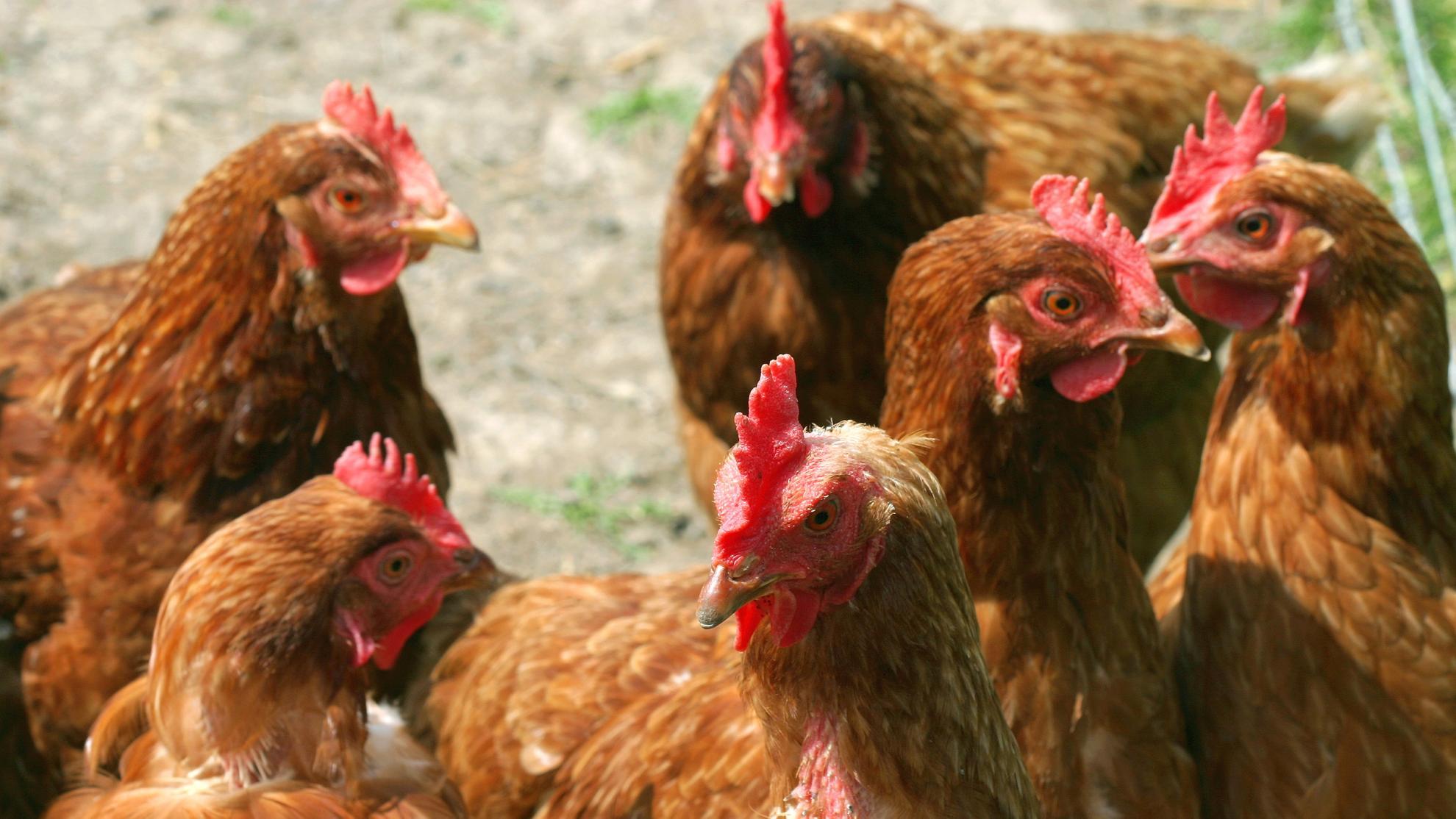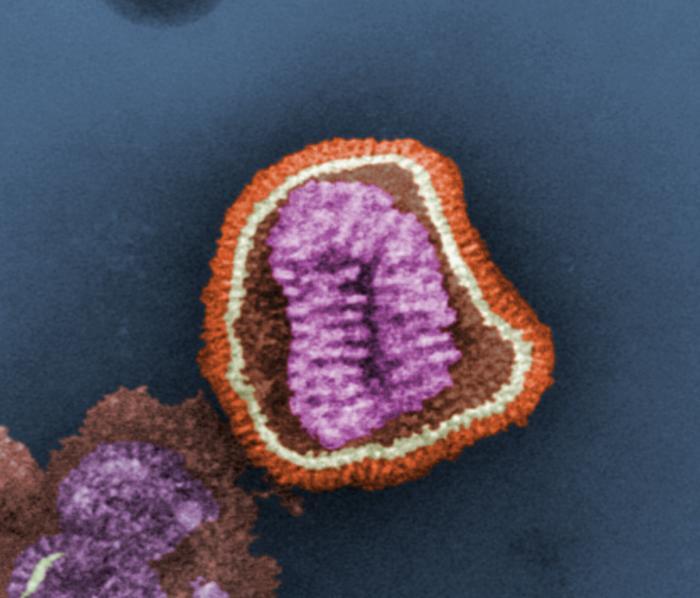Haemagglutinin antigen selectively targeted to chicken CD83 overcomes interference from maternally derived antibodies in chickens
Maternally derived antibodies (MDAs) are important for protecting chickens against pathogens in the neonatal stage however, they often interfere with vaccine performance. Here, we investigated the effects of MDAs on a targeted antigen delivery vaccine (TADV), which is developed by conjugating H9 subtype avian influenza virus haemagglutinin (HA) antigen to single chain fragment variable (scFv) antibodies specific for the chicken antigen presenting cell receptor CD83. Groups of 1-day-old chickens carrying high levels of MDAs (MDA++) and 14-day old chickens carrying medium levels of MDAs (MDA+) were immunised with TADV (rH9HA-CD83 scFv), untargeted rH9HA or inactivated H9N2 vaccines. Immunogenicity in these vaccinated chickens was compared using haemagglutination inhibition (HI) and enzyme-linked immunosorbent assays (ELISA). The results showed that the TADV (rH9HA-CD83 scFv) induced significantly higher levels of H9HA-specific antibody titres compared to the untargeted rH9HA and inactivated H9N2 vaccines in MDA++ and MDA+ chickens. Overall, the data demonstrates immune responses induced by TADV are not affected by the MDA in chickens.

